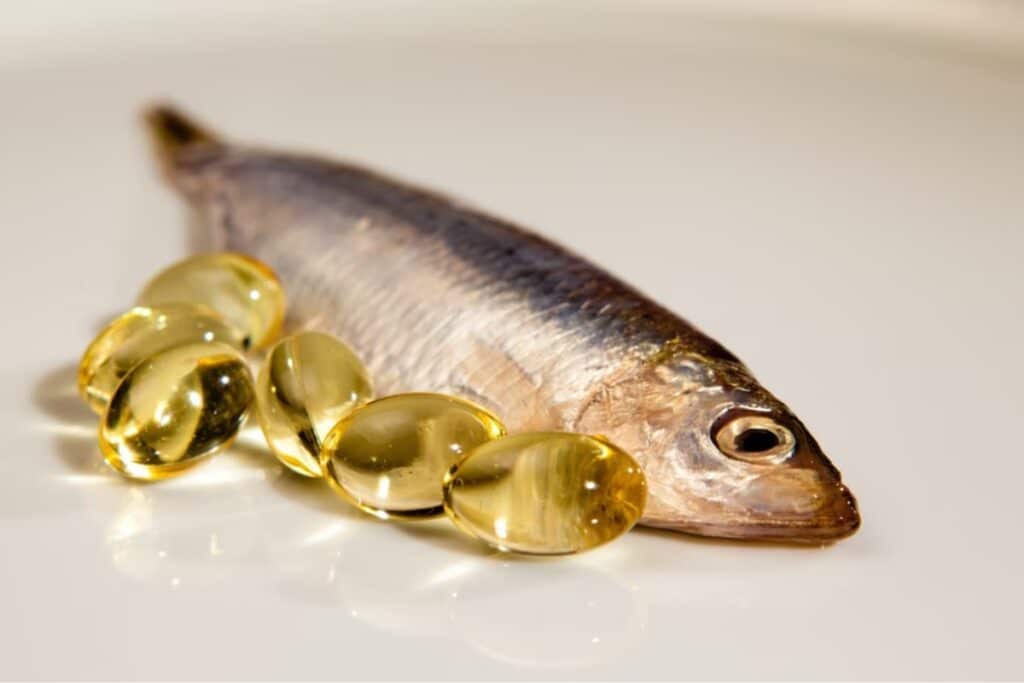A new British study is calling into question the supposed benefits of fish oil for cardiovascular health. Contrary to popular belief, this supplement may actually increase the risk of stroke in some people. What are the hidden dangers of this widely used oil, and how can you really protect your heart?
Long seen as a heart friendly ally, fish oil is now at the centre of a scientific controversy. A study by British researchers, published in the journal BMJ Medicine, raises concerns about its impact on the cardiovascular system. The research, which followed more than 415,000 people over 12 years, produced surprising and potentially alarming findings for regular users of this supplement.
The unexpected effects of fish oil on heart health
Contrary to what was previously believed, fish oil may have harmful effects on cardiovascular health, especially in people who are otherwise healthy. The British study found a 13% increase in the risk of atrial fibrillation among regular users of this supplement. Even more worrying, the risk of stroke was 5% higher in people with no prior history of heart disease.
These results call into question the widespread use of fish oil as a heart health supplement. Dr Andrew Freeman, a well known cardiologist, points out that ‘over the counter fish oil is very rarely recommended and does not appear in any guidelines from professional medical societies’. His warning suggests caution and a serious rethinking of current supplementation habits.

There is an increased risk of cardiovascular disease when consuming fish oil in the form of a dietary supplement. © JanIngeskogheim, iStock
Understanding the nuances of cardiovascular health
Cardiovascular diseases cover a wide range of conditions affecting the heart and blood vessels. Among the most common are heart attack, heart failure, high blood pressure and stroke. Stroke in particular is a life threatening medical emergency that requires immediate treatment. Preventing these conditions is therefore crucial, which is why it is so important to understand the true impact of supplements like fish oil.
Paradoxically, the study also found that in people who already have cardiovascular problems, taking fish oil might offer some benefits. In this group, it was associated with a 15% reduction in the risk of heart attack and a 9% reduction in the risk of death. These contrasting results highlight just how complex cardiovascular health is and how much it depends on individual circumstances.
Healthy alternatives and a personalized approach
Given the potential risks linked to using fish oil as a dietary supplement, experts recommend focusing instead on natural sources of omega-3 fatty acids. These essential fats, known for their positive effects on cardiovascular health, can be obtained through a balanced diet. Sardines, wild salmon, chia seeds, flaxseeds and walnuts are all excellent omega-3 rich options.
The search for health promoting nutrients should first and foremost happen through a varied, balanced diet.
It is important to note that taking supplements without first confirming a deficiency is generally discouraged by doctors. The search for health promoting nutrients should first and foremost happen through a varied and balanced diet. It is also crucial to consult a healthcare professional before adding any supplement to your routine, so that the potential risks and benefits can be evaluated based on your individual profile.
Toward effective prevention of cardiovascular disease
Preventing cardiovascular disease remains a major public health challenge. Rather than relying on miracle solutions, experts recommend adopting a healthy lifestyle that includes a balanced diet, regular physical activity and appropriate medical follow up. Combined with a good understanding of your own health profile, these measures are the best defense against cardiovascular risk.
In the end, this British study is a reminder of how important it is to take a critical, nuanced approach to supplementation. Cardiovascular health is a complex field that demands constant vigilance and carefully tailored medical advice, rather than one size fits all solutions.



Dining and Cooking